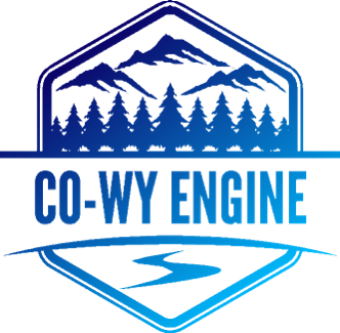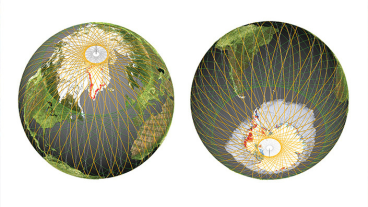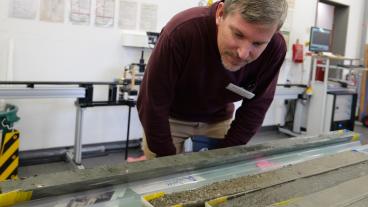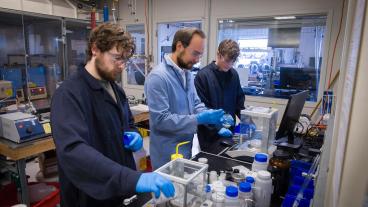Colorado School of Mines contributing to $160M Colorado-Wyoming Climate Resilience Engine
Colorado School of Mines will serve on the governance board and contribute to research, innovation and workforce capacity development through a newly funded $160 million initiative focused on driving innovation in climate resiliency in Colorado and Wyoming.

The U.S. National Science Foundation (NSF) recently announced that the Colorado-Wyoming Climate Resilience Engine (CO-WY Engine) is an inaugural NSF Regional Innovation Engine (NSF Engines) awardee. The CO-WY Engine will initially receive up to $15 million for the next two years, totaling up to $160 million over ten years.
Mines will be a member of the governance board of CO-WY Engine, representing executive research and innovation leadership, as well as diversity, equity and inclusion access. In addition, Mines will advance use-inspired research solutions and address community needs related to environment, water resources, smart buildings and communities, integrated energy solutions and extreme weather resiliency, as well as access to research capabilities, instrumentation and modeling.
“The Colorado-Wyoming Engine represents a uniquely collaborative innovation ecosystem, building upon the strengths embodied within our region,” said Walter G. Copan, Vice President for Research and Technology Transfer at Colorado School of Mines. “A core contributor to the CO-WY Engine has been the Colorado Energy Research Collaboratory, a partnership of the leading research universities in the region together with the National Renewable Energy Laboratory.”
Leading the effort is Northern Colorado-based Innosphere Ventures. Partners together with Mines include Colorado State University, University of Wyoming, University of Colorado Boulder, University of Northern Colorado, University of Colorado Denver, Metropolitan State University of Denver and the community college systems of Colorado and Wyoming. Federal labs, including NREL, National Center for Atmospheric Research (NCAR) and National Institute of Standards and Technology (NIST), are also involved, as are economic development, policy and industry partners in both states.
Overall, the goal is to advance the region's research and commercialization efforts focused on sensing, monitoring and predictive analytic technologies for climate resiliency spanning methane emissions, soil carbon capture, earth sensing, water scarcity, wildfires, extreme weather and other aspects of climate resilience innovation, workforce and economic development.
For more information about CO-WY Engine, go to co-wyengine.org/.




